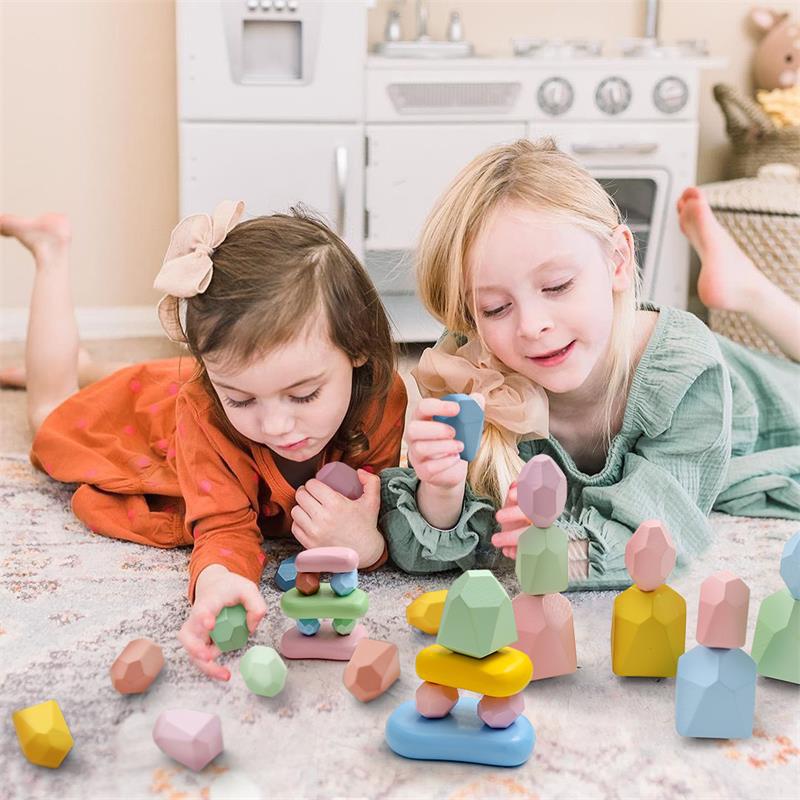
🌱 What Is Montessori Education and Why It Is Needed in Today’s Times
Share
 What Is Montessori Education and Why It Is Needed in Today’s Times
What Is Montessori Education and Why It Is Needed in Today’s Times
In today’s rapidly changing world, education needs to be more than just books, tests, and grades. It must nurture creativity, independence, emotional well-being, and practical life skills. This is exactly what Montessori education has been doing for over a century—and why it is more relevant today than ever before.
 What Is Montessori Education?
What Is Montessori Education?Montessori education is a child-centered approach developed by Dr. Maria Montessori, an Italian physician and educator. Instead of a one-size-fits-all curriculum, Montessori encourages learning through exploration, hands-on activities, and self-directed discovery.
Key principles of Montessori education include:
Prepared Environment: Classrooms are thoughtfully arranged with age-appropriate materials that promote exploration and independence.
Self-Paced Learning: Children choose activities based on their interests and progress at their own speed.
Mixed-Age Classrooms: Children learn from and with each other, building social and leadership skills.
Teacher as Guide: Educators observe and support rather than lecture, allowing children to lead their learning journey.
 Why Montessori Is Important in Today’s Times
Why Montessori Is Important in Today’s TimesNow more than ever, the Montessori method addresses the needs of children growing up in a fast-paced, tech-driven world. Here’s how:
1. Encourages Deep Focus
In an age of short attention spans and screen addiction, Montessori’s calm and distraction-free environment helps children develop concentration and mindfulness.
2. Builds Independence
Children in Montessori classrooms are taught how to make choices, manage their time, and care for their environment—skills that promote confidence and self-discipline.
3. Fosters Creativity and Curiosity
Instead of rigid testing and memorization, children are encouraged to explore their interests and ask questions, leading to a lifelong love of learning.
4. Supports Emotional Intelligence
Respect, empathy, and cooperation are deeply woven into Montessori’s fabric. Children learn to resolve conflicts peacefully and work respectfully with others.
5. Prepares for the Real World
Practical life activities—like cooking, cleaning, or managing tasks—help children become capable individuals ready to take on real-world responsibilities.
 Montessori Beyond Preschool
Montessori Beyond PreschoolThough it’s most commonly associated with early childhood education, Montessori principles can be applied all the way through high school. The approach remains the same: respect each learner’s pace, encourage curiosity, and support independence.

Montessori education may be over a hundred years old, but its focus on respect, creativity, independence, and real-world learning makes it a perfect fit for modern childhood. As we look for ways to raise thoughtful, capable, and compassionate young people, the Montessori philosophy offers a gentle yet powerful solution.
